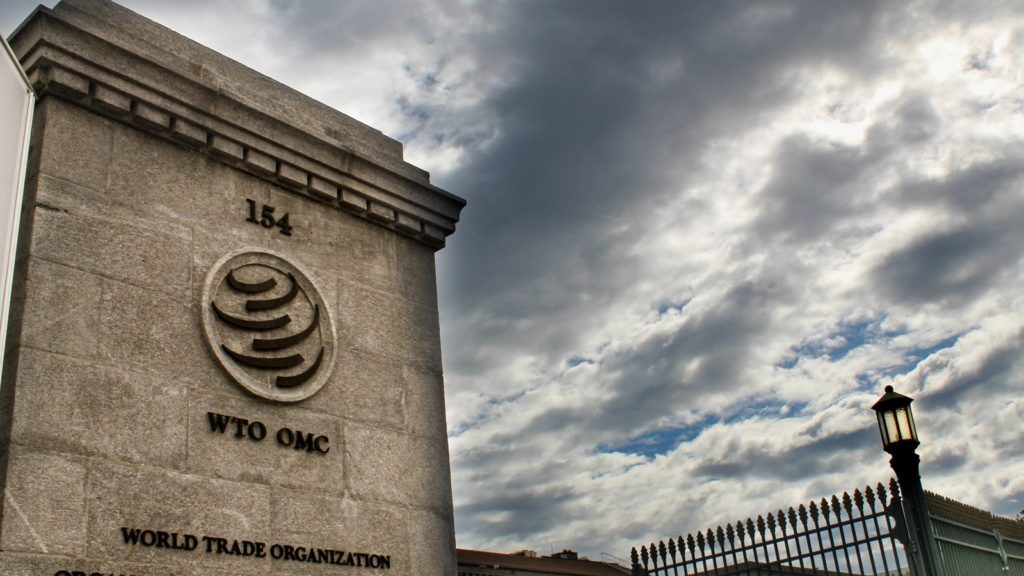Highlight 18/2022 – Joint Initiative on Services Domestic Regulation – a new phenomenon within the WTO
Nargiz Ojagverdiyeva, 6 April 2022

WTO Joint Initiative on Services Domestic Regulation is a recently announced initiative by certain members of the WTO which aims at streamlining and simplifying the licensing requirements and procedures for service providers that want to operate in other countries.
The Joint Initiative is not the first international endeavor at standardizing the licensing requirements for the services sector. The GATS contains certain references on non-discrimination of licensing requirements and qualification criteria. However, specific negotiations on licensing requirements and procedures for services started between 1995 and 1998, within the Working Group on Professional Services. A Working Party on Domestic Regulation was established in 1999. It called members to intensify negotiations and elaborate a final paper before the end of the Doha Round. Proposals were submitted by more than 60 Members in a 2011 Progress Report. After a decline in negotiations between 2012 and 2015, these were reactivated in 2016 and discussed in the WTO Ministerial Conference in 2017, in Buenos Aires. It was only in 2021 that the 67 countries involved in the negotiation process came to a successful conclusion.
With the overall purpose of simplifying licensing and qualification requirements as well as technical standards, the initiative aims to achieve the following three aims:
- Transparency of information: Member States are required to provide timely and up-to-date information on the eligibility, qualification, licensing, and application requirements, as well as technical standards. The Joint Initiative also requires Member States to provide the contact information of competent authorities and legal remedies to appeal decisions.
- Predictability and certainty: the Joint Initiative requires Member States to provide information on the status of an application, give reasons for its rejection and inform applicants about the legal effects of the granting of an application or the lack thereof.
- Streamlining of the entire application process: the Joint Initiative minimizes the number of authorities that applicants should approach, increases fairness and transparency of qualification decisions, and encourages Member States to accept electronic applications.
The Joint Initiative seeks to reduce trade in services barriers, but it also makes to meaningful and novel contributions. First, it seeks to protect service providers against discriminatory practices. For instance, it bans discrimination based on the gender of applicants. It is the first time the WTO seeks to increase the participation of women in trade, thus highlighting that gender-responsive policies can play an important role in shaping trade and domestic policies. Second, the Joint Initiative imposes disciplinary requirements on financial corporations and institutions in order to contain damages resulting from speculative actions.
The Joint Initiative on Services Domestic Regulation is one of the prosperous examples in striking a balance between sovereignty and international commitments. The increasing number of Member States who have joined the initiative over the past years confirms its success.
Nargiz Ojagverdiyeva, Highlight 18/2022 – Joint Initiative on Services Domestic Regulation – a new phenomenon within the WTO, 6 April 2022, available at www.meig.ch
The views expressed in the MEIG Highlights are personal to the author and neither reflect the positions of the MEIG Programme nor those of the University of Geneva.
